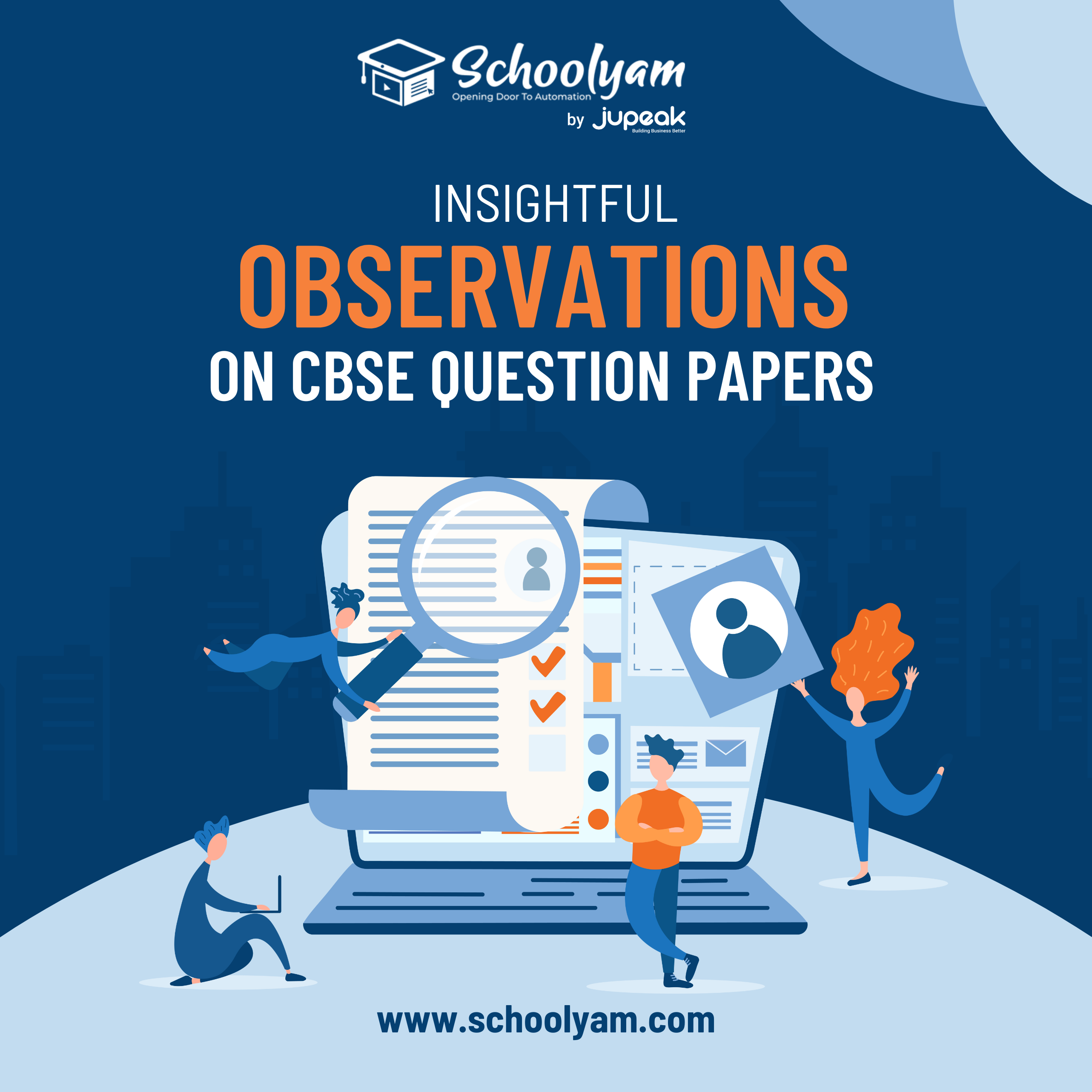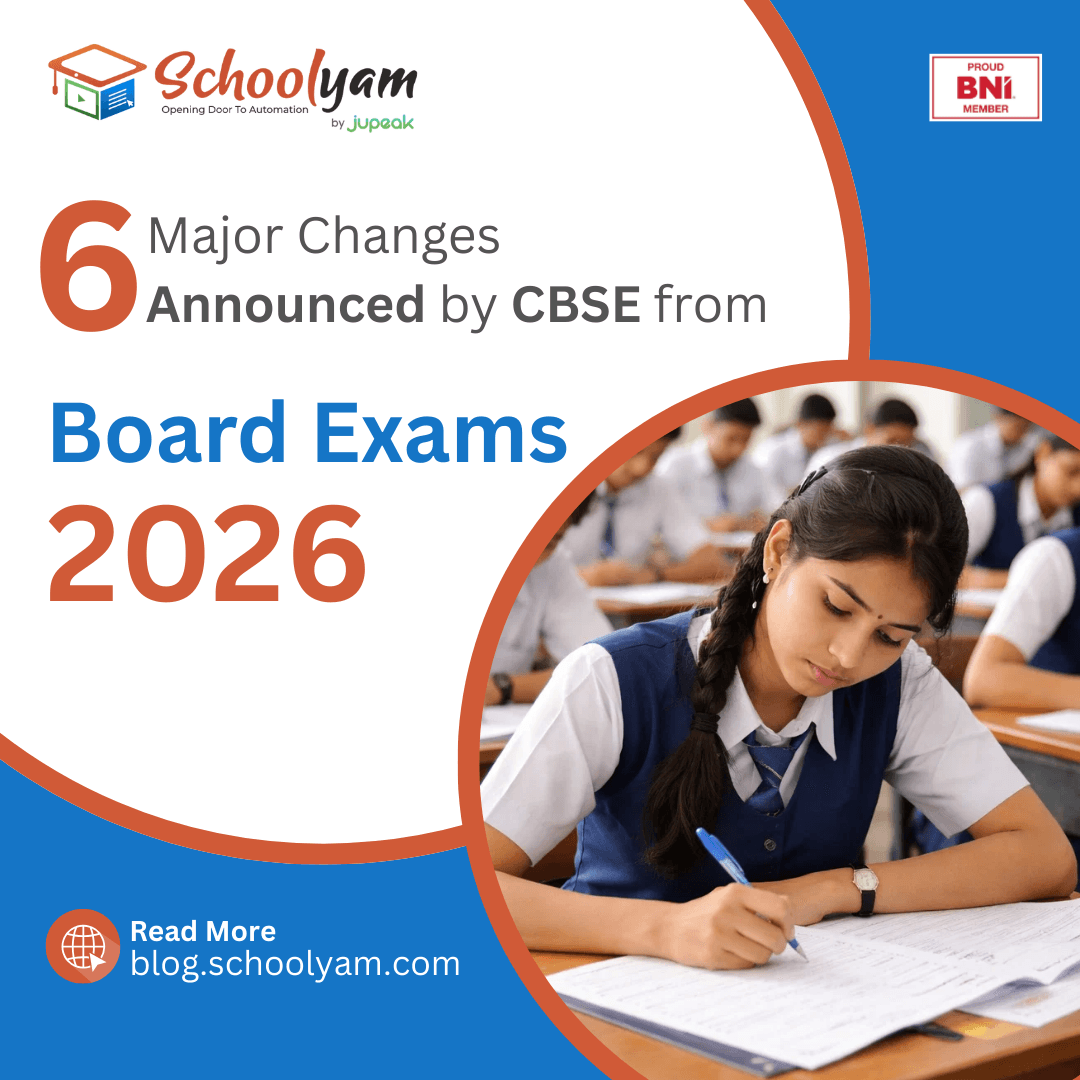
Introduction:
As the educational landscape continually evolves, one of the pivotal elements shaping student evaluation is the question paper. The Central Board of Secondary Education (CBSE) question papers serve as the cornerstone of assessment, influencing teaching methodologies, student preparation, and overall academic standards. In this blog post, we delve into insightful Observations on CBSE Question papers, exploring their significance and impact on students and educators alike.

Evolution of CBSE Question Papers:
Over the years, CBSE question papers have undergone significant transformations in alignment with pedagogical advancements and educational reforms. From traditional rote learning to fostering critical thinking and analytical skills, the evolution of question papers reflects broader shifts in educational paradigms. Today, CBSE question papers emphasize conceptual clarity, application-based learning, and holistic assessment, reflecting a departure from conventional memorization-based assessments.
Incorporation of Higher Order Thinking Skills (HOTS):
One notable observation pertains to the integration of Higher Order Thinking Skills (HOTS) in CBSE question papers. HOTS questions challenge students to go beyond surface-level understanding and engage in deeper analysis, synthesis, and evaluation of concepts. By incorporating HOTS questions, CBSE aims to foster cognitive skills such as problem-solving, creativity, and logical reasoning, thereby preparing students for real-world challenges and academic pursuits beyond the classroom.
Multifaceted Assessment Framework:
CBSE question papers embrace a multifaceted assessment framework that evaluates students across diverse cognitive domains. From objective-type questions assessing factual knowledge to subjective questions gauging conceptual understanding and application, CBSE question papers strive to provide a comprehensive evaluation of students’ proficiency and aptitude. This diversified assessment approach encourages students to develop a nuanced understanding of subject matter and enhances their ability to articulate ideas effectively.
Emphasis on Application-Based Learning:
In recent years, CBSE question papers have placed greater emphasis on application-based learning, necessitating students to apply theoretical knowledge to real-life scenarios. Application-oriented questions not only test students’ understanding of concepts but also encourage critical thinking, problem-solving, and interdisciplinary connections. By bridging the gap between theory and practice, CBSE question papers promote experiential learning and equip students with the skills required for academic success and professional pursuits.
Adaptive Assessment Strategies:
The dynamic nature of CBSE question papers reflects adaptive assessment strategies tailored to meet the evolving needs of 21st-century learners. From open-ended questions promoting creativity to case studies fostering analytical thinking, CBSE question papers embrace diverse formats to accommodate varied learning styles and cognitive abilities. This adaptive approach to assessment acknowledges the unique strengths and challenges of each student, fostering a culture of inclusivity and personalized learning within the educational ecosystem.
Conclusion:
In conclusion, CBSE Question papers serve as more than mere evaluative tools; they encapsulate the essence of contemporary education, embodying pedagogical principles, and educational philosophies. Through insightful Observations on CBSE question papers, we gain valuable insights into the evolving dynamics of student assessment and the pivotal role of question papers in shaping academic discourse. As we navigate the complexities of educational reform and pedagogical innovation, let us recognize the transformative potential of CBSE question papers in nurturing the next generation of lifelong learners and critical thinkers.



